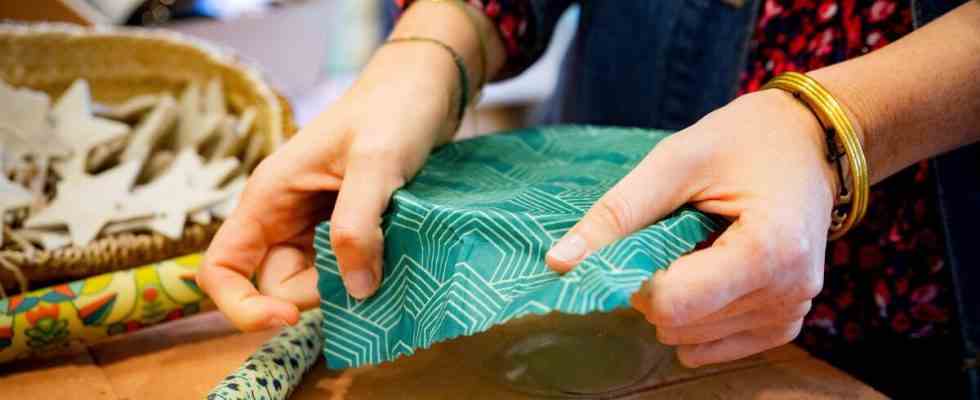“It’s a very long road. Shifting to a zero waste lifestyle is indeed no small feat. Each year, a French person produces an average of 354 kg of household waste. Reducing everything to zero does not happen overnight. “We are going step by step, with successes and failures”, says Nicolas, father of two children. With his wife, they started reducing their waste a few months ago through compost, homemade yogurts and bulk pasta. “But there are also failures, such as children’s diapers, cookie wrappers or orange juice”, he adds, while specifying that even on this they are in the process of “progress”.
For Chris, the golden rule is to proceed by type of packaging: “Avoid plastic as much as possible and choose paper or cardboard packaging, which is recyclable. And above all, reuse glass containers. It has an infinite lifespan if taken care of. »
Julie, she had the click after her third child. “I had time during my maternity leave to understand things,” she says. Changing to washable nappies, homemade detergent, solid soap and shampoo… My great pride is to have given up paper towels for cloth napkins. In fact, the idea is to go back to the time of our grandparents. “Not so “has been” as that!
Others were almost born into zero waste. This is the case of Célia: “We never threw anything away when I was little. It never seemed natural to me after shopping to throw a whole pile of packaging in the trash. Backed by her commitment, she even wanted to launch her own bulk shop in 2012. “At the time, I did not find the necessary support to get started. I realized that I needed a catalyst for all these desires. With the help of Zero Waste France, I co-founded my Réseau Vrac association, which today represents more than 1,000 committed companies. »
Culture as a starting point
For some, culture played a big role in their decision-making. The film Tomorrow has finished convincing Laure. “We are now what we can call an ”almost zero waste” family, tending towards sobriety, she explains. It became natural for us to look at the labels, to carry our bulk bags, to refuse the packaged chocolate given at the bar with the coffee. We become eco-anxious when we see the amount of litter that litters the roads and beaches. »
For them, most purchases are made locally, or even directly from producers, “fleeing Amazon”. On the clothing side, they bet on the second hand or the made in France, even if it means “paying the price for the quality and that it lasts over time”. Same for electronics, where the reconditioned is in order. “Since we put our fingers in the zero waste, our carbon footprint decreases every year,” say some of our readers.
From cinema to literature, there is only one step. After reading the book zero waste family of Bénédicte Moret, Fabien’s wife decides to convert her own tribe. “We had to get rid of our racing habits and that meant changing the way we eat. We have moved on to bulk and homemade. Then we tackled hygiene and cleaning products,” he explains. Reluctant at first, he is now proud four years later of the progress made. “We quickly halved or even tripled the amount of our waste. »

